Vanderbilt Chancellor Emeritus Nick Zeppos and his wife Lydia Howarth are figuring out life in the time of retirement, corona-style. Lydia’s doodling during Zoom calls and “expanding her gardening empire”; Nick’s grilling and chilling and getting ready to teach law again in the fall. They’re both worried about the state of affairs in our country, a lot; they’re both eating fewer carbs. You won’t be surprised that they’re reading extensively! I’m so delighted to share their perspectives and recommendations with you today…
Hi Nick and Lydia! Thank you for spending some time in the Bacon Neighborhood!
How are you all doing? What’s your state of mind now compared to early March, when the nation and Nashville were going into lockdown….
Nick: In early March I applied myself to ordering supplies on line for our household. I made some mistakes, since I’m not a big on-line shopper. (In fact, I am not a shopper… period!). Let me know if you need any freezer bags! I’ve got tons of them! I plan to use them for Christmas gifts. Once we were prepared for the pandemic, I went back to preparing for teaching law this fall.
Lydia: We are in good shape and beginning to explore small returns to normal. Beginning June 1st – still wearing a mask, washing my hands, and in the company of far fewer people than usual – I resumed working out three times a week at TNB Fitness (a social enterprise gym on Craighead Street), got my hair cut, and went to a dental cleaning appointment postponed since March. I knew I wasn’t breaking the rules, and that all of these businesses are observing strict social distancing, but even so “acting normal” felt risky. And given the historical protests that are occurring here in Nashville and elsewhere, my small attempts to resume a normal routine also felt fairly beside the point. In letters my father wrote to my mother during World War II, he said more than once that it was both deeply strange and also a great relief to receive her news about ordinary family life and city business continuing at home. Thinking about his state of mind on a ship at war in the Pacific prompted me to recall what F. Scott Fitzgerald (whom I’m fairly sure my dad never read) said in his essay, “The Crack Up,”
“…the test of a first-rate intelligence is the ability to hold two opposed ideas in the mind at the same time, and still retain the ability to function. One should, for example, be able to see that things are hopeless and yet be determined to make them otherwise.”
I tell myself that people I admire are functioning intelligently (in these terms) right now, even if the future feels very much in doubt.
How much news do you read or watch? And where do you get your news from?
Nick: I am NOT a big news reader, but I do try to stay current on big stories by reading the Wall Street Journal and New York Times on line, and by keeping an eye on Bloomberg News while drinking my morning coffee. I believe that the 24-hour cable news cycle and the irresponsibility of much social media are, on balance, detrimental to public and civic discourse.
Lydia: I still walk down to the street to pick up my papers every morning and enjoy the ritual. After working the crossword puzzles, I read the New York Times, Wall Street Journal, and the Tennessean. However, I confess I don’t read every article, nor do I always finish a story, and I’m certain that’s partly because I don’t want to begin the day feeling impatient or discouraged. A story about a heroic truck driver rescuing a kid in the middle of the highway, on the other hand, captivates me. Before Corona, I listened to NPR while driving all over town. Now that I’m far less often on the road, I turn on the radio and listen while working in the kitchen. I prefer NPR to most cable news coverage, though I’m a Rachel Maddow fan. I enjoy hearing Trevor Noah’s, or John Oliver’s, or Stephen Colbert’s slant on the news. This past spring, between the tornado and the derecho, I got a little addicted for a while to the Weather Channel.
Do you feel more hope or despair right now – in relation to the coronavirus and other news of the day, particularly the death of George Floyd and what has followed?
Nick: I worry about the future of our country. We really, in my view, never went through “reconstruction” and despite important new laws adopted we still remain far short of truly facing our past and committing to real solutions. To add Covid-19 and the massive economic pain accompanying it has only made me feel great sadness and despair. Yet, seeing the protests and brave voices speaking out give me hope. I have great faith in the scientific research capabilities of American research universities. I am convinced that we will see some antibody treatments, and nurses and doctors are learning every day about this terrible disease and what works and doesn’t work. Our global community all has an interest in this vaccine, yet we seem as divided between nation and nation as we are domestically. I hope good people and great science win out in a cooperative endeavor.
Lydia: I tend to be a cup-half-full person, but not without having done some homework. I have faith that scientists will soon develop a safe vaccine. I feel encouraged that funds are flowing to this research, collaboration between labs is occurring, and that three candidates are described as ready for third-phase trials. However, reports make me doubt a vaccine will be available before we experience a serious national resurgence of the virus. Which leads me to dwell again on Fitzgerald’s observation about a first-rate intelligence. The reopening of businesses and the large peaceful protests triggered by George Floyd’s murder are simultaneously heart lifting and worrisome to me. I don’t, of course, want businesses to fail and unemployment to worsen. And I am deeply moved to see large groups of people of all races marching together to demand significant reforms in American law enforcement and criminal justice systems. But I can’t stop worrying that we are not yet far enough out of the pandemic woods for anyone to feel safe about further loosening SD protocols. This kind of contradictory factual situation is the sort in which I feel most inclined to resort to prayer.
Have you stayed in Nashville? What’s your daily life like? Is it changing?
Nick: I’ve not travelled since this past January when I went to Florida. The major changes in my life are that I see far fewer people than I would if we were not observing social distancing, and that there are no longer regular and large events on our schedule. But I am very busy getting ready to go back to teaching at Vanderbilt Law School this coming fall and excited about that change. I’ve stayed current in the field because I’m a law nerd. And while I was Chancellor, I taught an undergraduate class every year, usually on the Federalist Papers. But I’ve not taught first-year law students in two decades, so I’m reading lots of new and old cases as I prepare to teach Civil Procedure, and I’m gratified to have the chance to teach law again.
Lydia: The only travel I’ve accomplished in recent months is the four-mile loop I walk in my neighborhood several times a week, weather permitting. I over-reacted at first to the idea that I was trapped in my house and developed some obsessive behaviors. Binging on streamed TV series, for example, and patrolling my yard for moles several times a day. But after a while, I made a list of objectives I might try to accomplish now that I wasn’t always running to appointments, meetings, and social events, nor standing in my closet trying to figure out what to wear on those outings. It was an aspirational list – for example, learn a new language, finish revising an essay, lose 30 pounds, master cooking a new cuisine, reread George Eliot and James Baldwin, try again to read Pynchon’s Gravity’s Rainbow – but other than dropping a few pounds, I’ve not made much progress. However, just writing the list was a helpful reminder to make good use of a crisis. At present, I’m fairly content with our evolving house-bound and fairly asynchronous routine, and recently, while Nick was playing golf, I took my recorder out of its case and practiced playing it for a while. I’m painfully rusty, but plan to continue practicing when I’m alone in the house.
How do you stay connected to family and friends? Have you used Zoom? Are you sick of Zoom?
Nick: It’s rare that a day goes by without talking on the phone to colleagues, friends, family. And no one can escape emails or texts. Lydia and I even exchange texts when we are at home, especially either of us feels too lazy to walk our stairs. I don’t use Zoom as much as I would have if I were still working as Chancellor, but I’m learning the ins and outs of teaching on line as we all sort out what university teaching will involve in the coming academic year. I think technology can be supportive, but it is not a panacea.
Lydia: I stay in touch with friends through texts, including an occasional sustained emoji exchange. But most often, I talk with friends and family on the phone, or write them emails that exceed the legal limit. I use Zoom every few weeks to attend the now more frequently scheduled meetings of a college board where I sit as a member. I’m grateful to be able see and hear the administrative team of that college as they work through all of the problems that institutions of learning are facing. Their intelligence, commitment, and attention to detail inspire me. However, I’m camera shy, and often feel uncomfortable sitting in front of one Zooming for an hour or two. I hope that a class I’ve enrolled in, beginning in mid-June, at the Porch Writer’s Collective, will help me master this handicap. I confess that I tend to doodle, nervously, while Zooming.
Have you eaten out at a restaurant yet? If so, which one? If not, where do you think you might go first?
Lydia: No, we’ve not dined out yet. During Stay-at-Home, we’ve availed ourselves of drive-up service and delivery a few times from restaurants we patronized before the shut-down. Char, Emmy Squared, Coco’s, Park Café, and Siam Cuisine come to mind. Nick and I ate out so often while he was chancellor – almost always at university events and the food was always excellent – that our idea of a special dinner became the one we ate alone at home. One nice post-chancellor development has been the purchase of a gas grill. Nick has rediscovered his pleasure in cooking and often mans the grill for our dinners. I happily assume the position of sous chef and bottle washer on those occasions.
Nick: I love my grill.
How do you relax in the Time of Corona? Is it different from how you might relax otherwise?
Nick: Read, exercise, go for a bike ride, do yoga, watch a movie with Lydia, check in on our sons. Read some more… and more… and more.
Lydia: We entered the Time of Retirement just a short while before the Time of Corona hit. Nick stepped down from the chancellor’s office in August of 2019, but the pace of our life didn’t slow much until January 2020. In other words, we were just beginning to relax into having a lot more time to ourselves when, suddenly, we were required to stay home. Which sort of transforms a reward into a punishment! But of course, we know we’re very lucky to experience the pandemic in relative comfort, with access to good health care and comfortable living arrangements. We had hoped, with retirement, to increase family travel time, but are having to rethink how and when that might occur. I am an introvert, so it’s not difficult for me to relax alone, but I also usually need to be active at something while relaxing. One corona-inspired difference for me is that this need for active relaxation has led me to expand my gardening empire. Our son Ben and his partner Amy, and a faculty friend, have all been very kind about my urgent and repeated requests to dig in their yards.
True or false: “I love all the extra time at home!” (Explain.)
Nick: True. Stepping down from being Chancellor was a bit of an unknown for me. Would I be bored? Miss working as hard? So I was adjusting to a different pace of life. I miss many people with whom I worked and my friends outside of work. But I truly love my free time.
Lydia: False. While I enjoy not being as tightly tethered to a busy Vanderbilt schedule, I also miss hosting dinners for family and friends, my regular stints on the kitchen crew at Nashville Food Project, seeing people at political and charitable fundraisers, meeting with my book clubs, and attending performances at the Nashville Symphony, Opera, Ballet, or on the Vanderbilt Campus. Etcetera.
Where do you go when you need to hide? If you need to hide…
Nick: My home office.
Lydia: Hmmmmm. If I told you, I’d have to find a new place!
If I am trying to write something and need to hide from interruptions, I silence my cell phone and retreat to my study. If I need to get away from the voice in my head that is disgusted with me because I’ve made no real progress in my study, then I go for a walk while listening to a good book.
What has surprised you in the Time of Corona?
Lydia: First, the large degree of cooperation by Americans with Stay-at-Home rules because I usually think of us as resisting change of nearly any kind. And now, the large of number of people who do not appear to be as worried as I still am about the possibility of infection. What has not surprised me are the social inequities made more visible by the epidemic. From the lack of access of many to adequate information about the disease, testing, and health care; and the inability of many school systems to provide adequate on-line instruction to their students and their students’ lack of access to the Internet; and the inability of many to shelter at home safely because of crowded or unsafe conditions or homelessness; to the impact of the virus on people of color. Covid-19 has made even more clear that we are only as safe, healthy, happy, and free as the most vulnerable among us.
Nick: Ditto
What have you learned about yourself or others? What have you learned about your spouse?
Nick: I don’t know if I’d say I’ve “learned” much that’s new because I’ve seen a lot in the past dozen years! But experiencing the pandemic has affirmed my “introverted” side. I really enjoy the time at home to read, think, write, and relax. I also have seen that the risk tolerance of individuals is… well, very individual. I tend to be on the risk averse side of things. When re-openings occurred locally and nationally, we saw a wide range of precautions or lack of precautions taken. I really tried to understand it as a range of “risk” attitudes. I know that we are seeing “politics” being used to explain everything these days, but I like to look more broadly for explanations. I also believe that very few people have truly read John Stuart Mill’s On Liberty… and it’s really not a long book! What I’ve learned about Lydia is that she has white hair!!
Lydia: I suppose I’ve learned the same lesson most difficult experiences have taught me. That I’m lucky to have the resources I do to cope with them, and that helping others is one of the best ways to keep things in perspective. The challenge to finding ways to help others – except by staying home, keeping down the curve, writing checks – is part of what’s been hard about the pandemic. As for Nick, I’m seeing what I’ve always known to be true of him. That he is calm in an emergency and knows how to work a problem. That his counsel is reliable since he values information, reads widely, and remembers more of what he’s read than I do. And also, that he’s very funny, which is especially useful when things feel grim. Something I didn’t know about him is that he’s good at sustaining a low carb diet. He’s been excelling at it, and helping me discipline myself into avoiding them, too.
What are you reading/watching/listening to? Don’t hold back! We all need recommendations.
Nick: I recently read Ron Chernow’s biography Grant, and hope that Lin-Manuel Miranda will write a musical based on it, given the need we all have to understand the purpose of the Civil War and the failures of Reconstruction. I really liked the three-part television series on Grant. He was due an “upgrade” by historians. I also enjoyed the brilliant writer Julian Barnes’ book The Man in the Red Coat, which concerns the subject of a painting by John Singer Sargent, whose portraits I admire. I’m currently reading the last of Hillary Mantel’s books on Thomas Cromwell, The Mirror and the Light, and a book on Oliver Cromwell by Paul Lay called Providence Lost: The Rise and Fall of Cromwell’s Protectorate. I’m re-reading W.E.B. Dubois’s The Souls of Black Folk. In the last few years I’ve enjoyed reading poetry, and I have spent a lot of time working on the pressing need to treat and care for those with mental illness. Those interests made me dive into Kay Redfield Jamison’s biography of Robert Lowell, Setting the River on Fire: A Story of Genius, Mania, and Character. Finally NO reading list would be complete without a 900-page book on the Bank of England. So when I crawl into bed, I read Till Time’s Last Sand, by David Kynaston.
Lydia: Nick and I recently enjoyed watching three excellent made-for-TV series: “Belgravia,” “Normal People,” and “Grant.” I also enjoyed “The English Game,” which is a class study told through the evolution of the game of soccer. Two books I’ve recently read and very much enjoyed are The Weight of Ink (2017) by Rachel Kadish, and My Life in Middlemarch (2014) by Rebecca Mead. Kadish’s novel moves between 17th and 21st century London and weaves together two stories. One is about a brilliant young woman, a Jewish emigrant from Amsterdam, who in London becomes a scribe for a blind rabbi, survives the Plague, and using various aliases corresponds with leading philosophers of her day. The other is about a British historian, a woman struggling against Parkinson’s, who with the help of an American graduate student, and in spite of meddling and poaching by her colleagues, discovers the identity and pieces together the life of this 17th-century female writer.
My Life in Middlemarch is a fascinating hybrid of memoir, biography, and literary analysis, in which the journalist Mead re-examines George Eliot’s highly unconventional life and many of the themes of her masterpiece Middlemarch, a book I first fell in love with in college.
If you want more recommendations, here are books in the “to-read” stack on my desk: Late Migrations by Margaret Renkl; See What Can Be Done by Lorrie Moore; A Fierce Discontent: The Rise and Fall of the Progressive Movement in America by Michael McGerr; The Origin of Satan by Elaine Pagels; The Story of America by Jill Lepore; Mrs. Lincoln and Mrs. Keckly by Jennifer Fleischner; and after recently hearing a rebroadcast of a 2006 interview with the author by Terri Gross, I’ve just ordered Eric Foner’s Forever Free: The Story of Emancipation and Reconstruction.
And because I love to recommend books, here are some I’ve enjoyed in the recent past: Our Towns by James and Deborah Fallows; Becoming by Michelle Obama; Citizens of London by Lynne Olson; Anti-Social: Online Extremists by Andrew Marantz; The Woman’s Hour by Elaine Weiss; First: Sandra Day O’Connor by Evan Thomas; Goodbye, Darkness: A Memoir and Death of a President by William Manchester; Dinner in Camelot by Joseph Esposito; The Bookish Life of Nina Hill, by Abbi Waxman; and Great House by Nicole Krauss.
What’s your best advice for people trying to stay sane in the Time of Corona?
Nick: Be kind, and show love and understanding.
Lydia: Reading history and recalling my parents’ and grandparents’ experiences always helps me keep things in perspective. Previous generations have endured worse conditions, persevered, and learned from their mistakes. Focusing on the idea of making the best of a crisis is empowering, and thinking about America as a place where we are all committed to work toward a more perfect (healthier, safer, inclusive) union is uplifting. And, of course, it’s always a good idea to seek out “the best company,” as Jane Austen described it – “the company of clever, well-informed people, who have a great deal of conversation” – even if you have to enjoy this company in smaller doses and at a safe social distance.
And now for some speed dating questions to wrap up…
Favorite beverage in the Time of Corona?
Nick: San Pellegrino.
Lydia: Daytime: Diet Ginger-Ale, especially if gardening. Evening: A socially distanced glass of Chardonnay with a friend.
Favorite snack?
Nick: A plate of dolmades, prosciutto, and parmesan cheese
Lydia: Leftovers.
Favorite time of day?
Nick: Morning.
Lydia: Morning, but only after a cup of coffee.
Exercising?
Nick: Golf, bicycling, yoga and a PT routine.
Lydia: I used to run, but no longer can, so now I enjoy long walks, swimming (not back to that yet), and strength and conditioning workouts with a trainer (because I wouldn’t it do otherwise). I had a bike accident a few years ago that scared me off cycling for a while, but now I’m ready to ride again and hope to acquire a bicycle soon.
Cooking?
Nick: I taught Lydia how to cook Greek food. I’m enjoying experimenting with new non-carb recipes and love grilling out.
Lydia: I enjoy cooking for others. My best Greek dishes are spanakopita and keftedes (tomato sauce and meatballs flavored with cinnamon, mint, and oregano). In the summer, I love to arrange a colorful aioli platter.
Favorite place to be outside?
Nick: Golf course
Lydia: When we first moved to Nashville, I missed easy access to a view of the water. I’d lived for years between the lakes in Madison, WI, and close to Lake Michigan in Chicago, and I often ran along the Potomac when we lived in D.C. Also, growing up in the Midwest accustoms you to wide flat horizons and big skies, so I felt hemmed in here. Now I very much enjoy walking the leafy, curving, rolling streets and parks of Nashville, and am content to work in my own smallish yard for hours. However, a beach vacation remains my favorite.
Guilty pleasure?
Nick: Betting while golfing… small dollars!
Lydia: Teen dance movies.
Travel plans this summer?
Nick: Nope.
Lydia: Travel has unraveled.
Greatest annoyance in the Time of Corona?
Nick: Conspiracy theories.
Lydia: People who don’t take it seriously.
Favorite person to spend time with? 🙂
Nick: Other than Lydia, you mean? Our sons, Ben and Nicholas.
Lydia: Nick. Or either of our sons, if he’s not available.
Thank you, Lydia and Nick! Xoxo

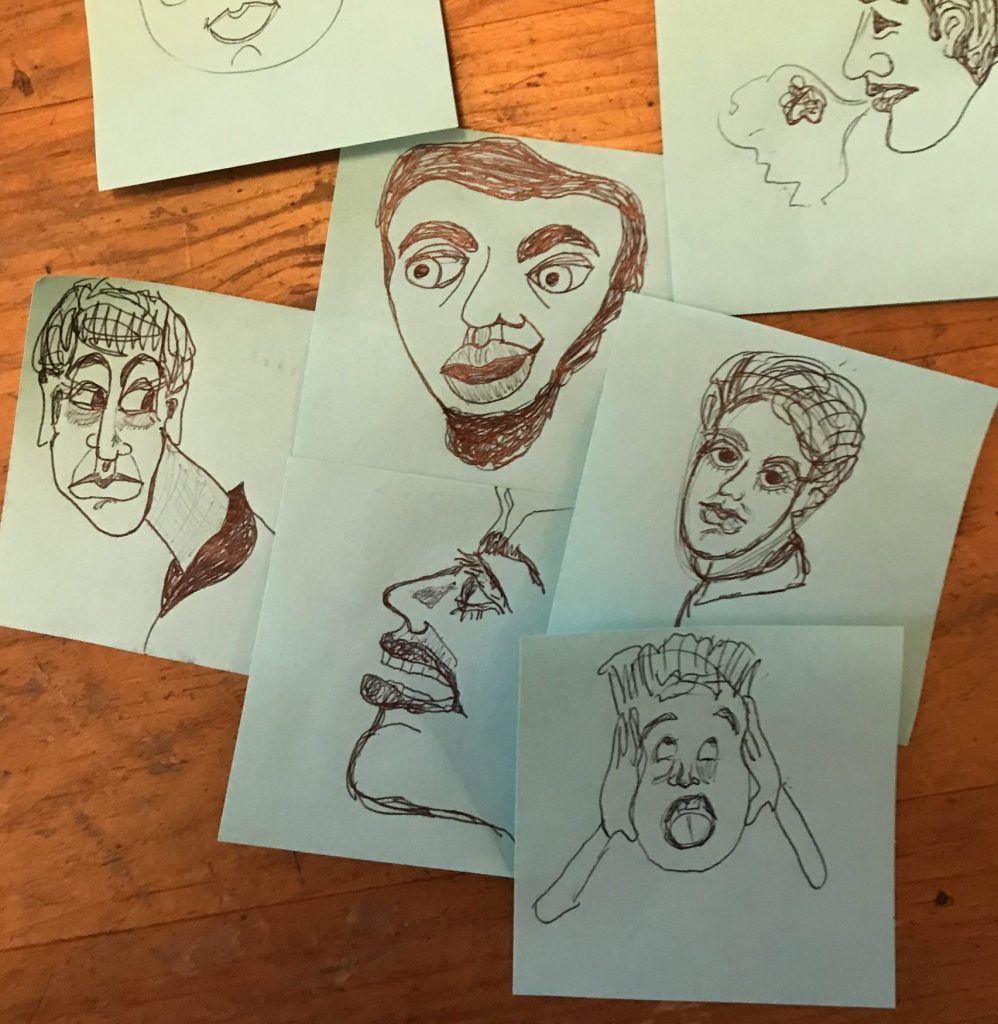



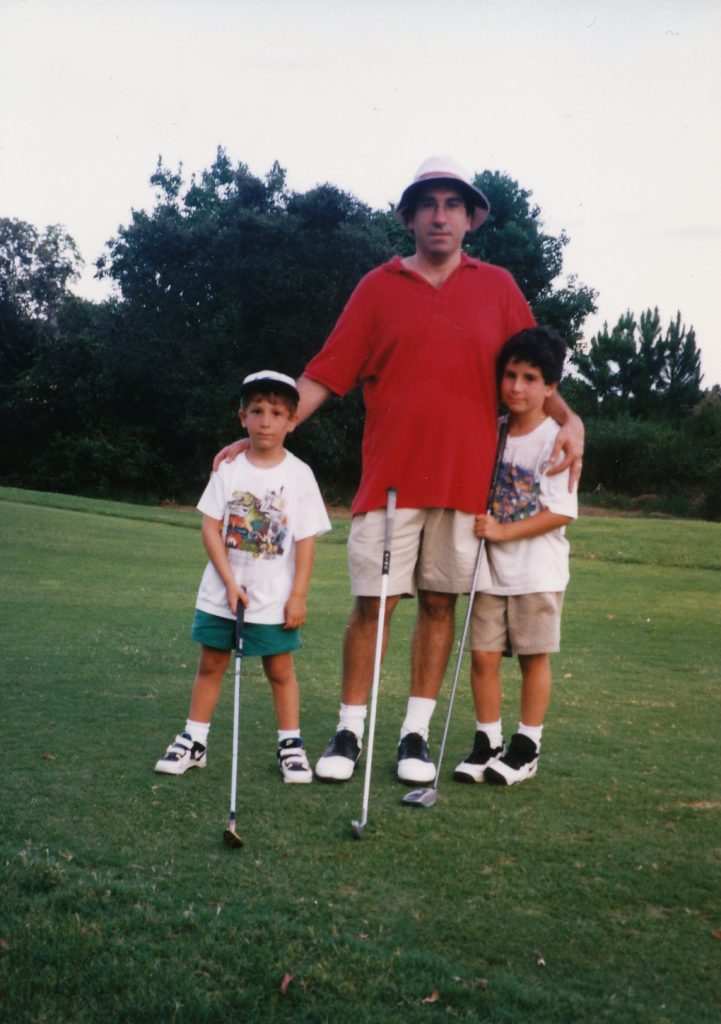


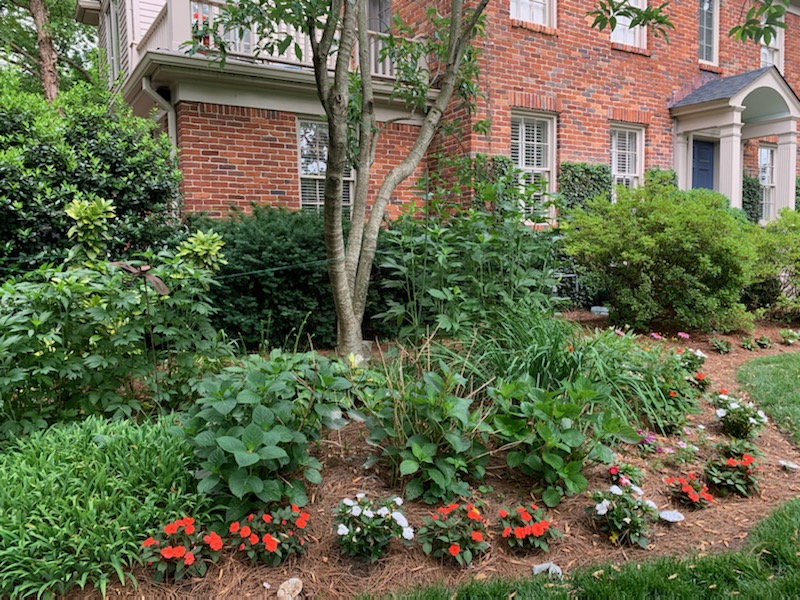

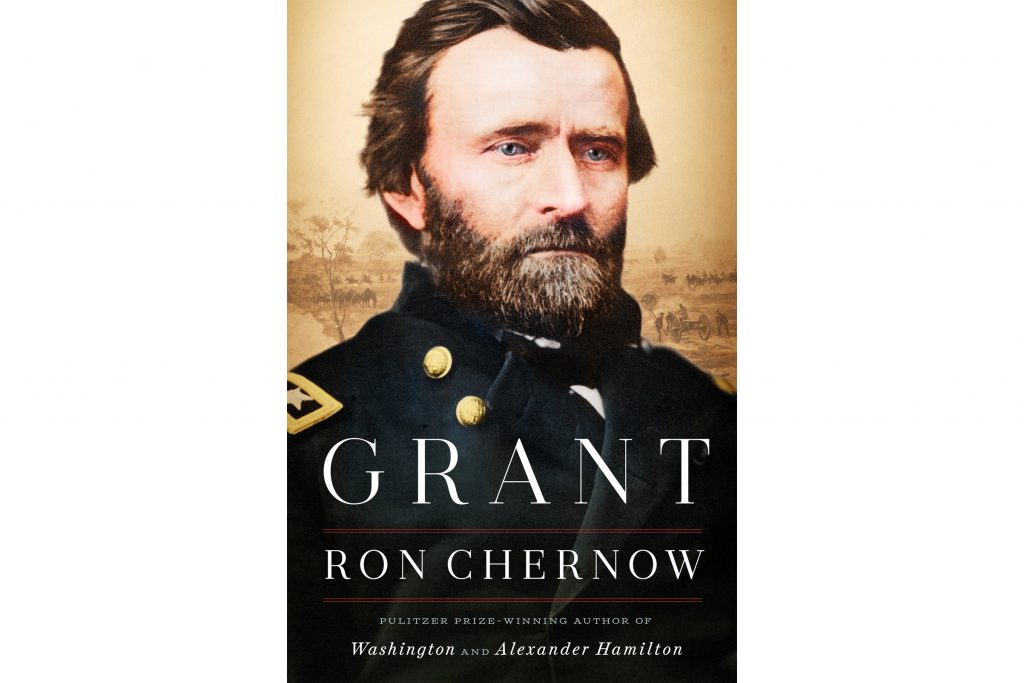





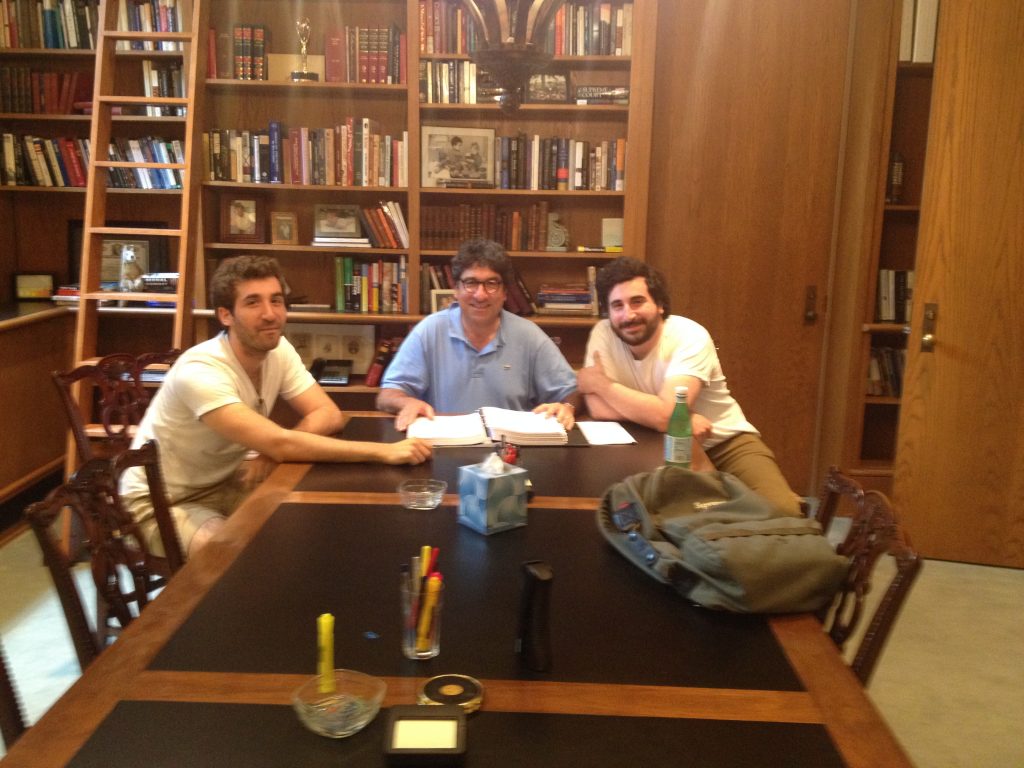
Reading this makes me miss Lydia. We cook together with a marvelous group of women at The Nashville Food Project. When someone recommends a book, I find myself thinking of that person a lot while reading it. Such is the case with The Weight of Ink, recommended to me by Lydia. My husband and I are enjoying listening to it while we travel the Southeast visiting our sons and grandchildren.
Like Nick, I have enjoyed finding my introvert side, a side I didn’t know existed.
There were lots of comments to relate to in this interview. Thanks for the visit!
Oh, and I’d love to learn how to make tomato sauce with cinnamon, mint, and oregano. That’s a new combo of flavors for me.
Hey Judy, So glad to read this. Am happy to hear from you and to know you’re enjoying Weight of Ink with Kelly, and I fully endorse the Audible version of the book, read by Corrie James, if you are listening to it. It requires performing in English, American English, Portuguese, German, Yiddish, and probably a few languages I’ve forgotten. I was very impressed! Happy you are visiting your sons and grandkids, and curious to know what that kind of travel has involved for you right now. Happy to send you the keftedes recipe. You’ll love the flavor combo. And I forgot to mention lemon. No Greek dish accomplished without lemon! Bon Voyage, Lydia
Martin and I loved this visit with you two! So much there Martin is also on the last book of Mantle’s trilogy. I have sent the Fitzgerald quote to the fam for encouragement… they are pretty intelligent! And, Nick, we’ll take some of those freezer bags! ❤️
Loved reading about your life during Covid19. I am reading Grant’s letters to his wife, Julia and I was very interested in your reading suggestions. Definitely will seek out ” On Liberty”, by John Stuart Mill. I have been very isolated, but swimming this summer has helped my general feeling of well-being. People really need to socialize and lack of that is very difficult to endure. Yet, I know good people are out there struggling with the same problems we are facing.
What a lovely visit with Lydia and Nick. They are such good people. We have been fortunate to have their leadership in Nashville for so long. Thank you for reconnecting us to them!! Irwin Fisher